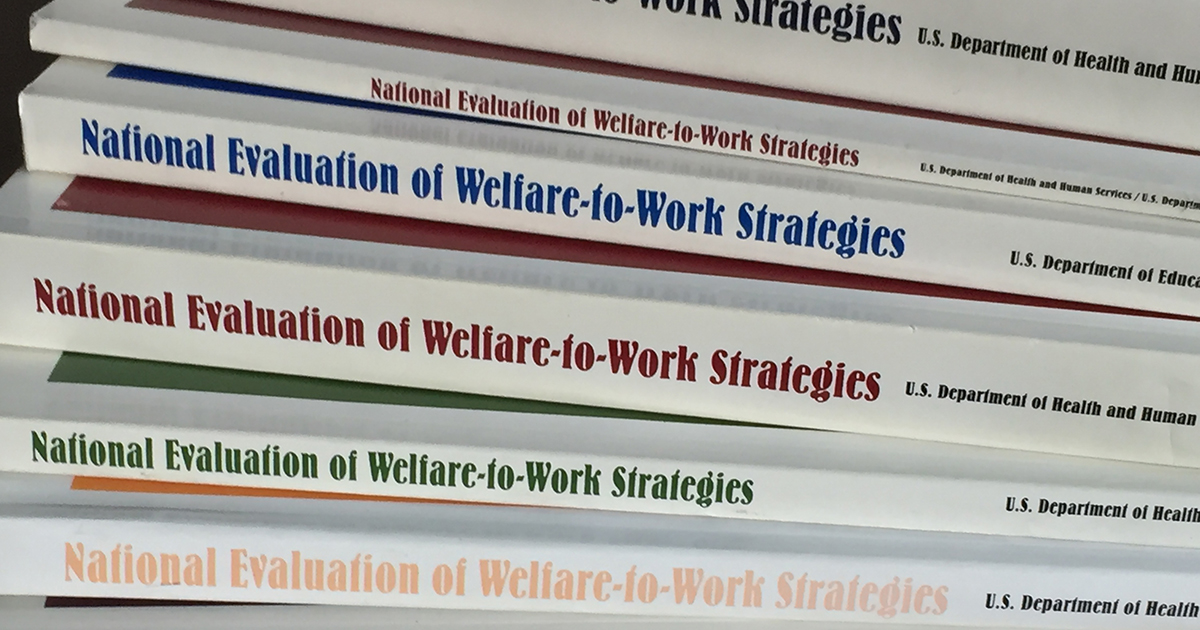Job Search or Basic Education Participation First
Which Improves Welfare Recipients’ Earnings More in the Long Term?

There is a longstanding debate about whether the economic well-being of welfare recipients is improved more by helping them quickly find work or helping them to first obtain some basic education and training. This brief contributes to the debate by presenting long-term findings from three sites in the seven-site National Evaluation of Welfare-to-Work Strategies, a multiyear random assignment study designed to test the effects of different approaches. At these three sites, the MDRC research team randomly assigned individuals to initially look for work, initially receive basic education or training services, or have no access to welfare-to-work program services (the control group), and subsequently, as part of the original study, followed these individuals for five years. The brief extends the follow-up period, presenting the effects of the interventions during a period that falls roughly 10 to 15 years after individuals entered the study. In general, the findings provide compelling evidence that both types of welfare-to-work programs can increase welfare recipients’ earnings, compared with not offering such services. While the approach stressing initial job search led to greater earnings in the short term than did the approach stressing initial education and training, neither approach produced substantial effects past the five-year follow-up period.







